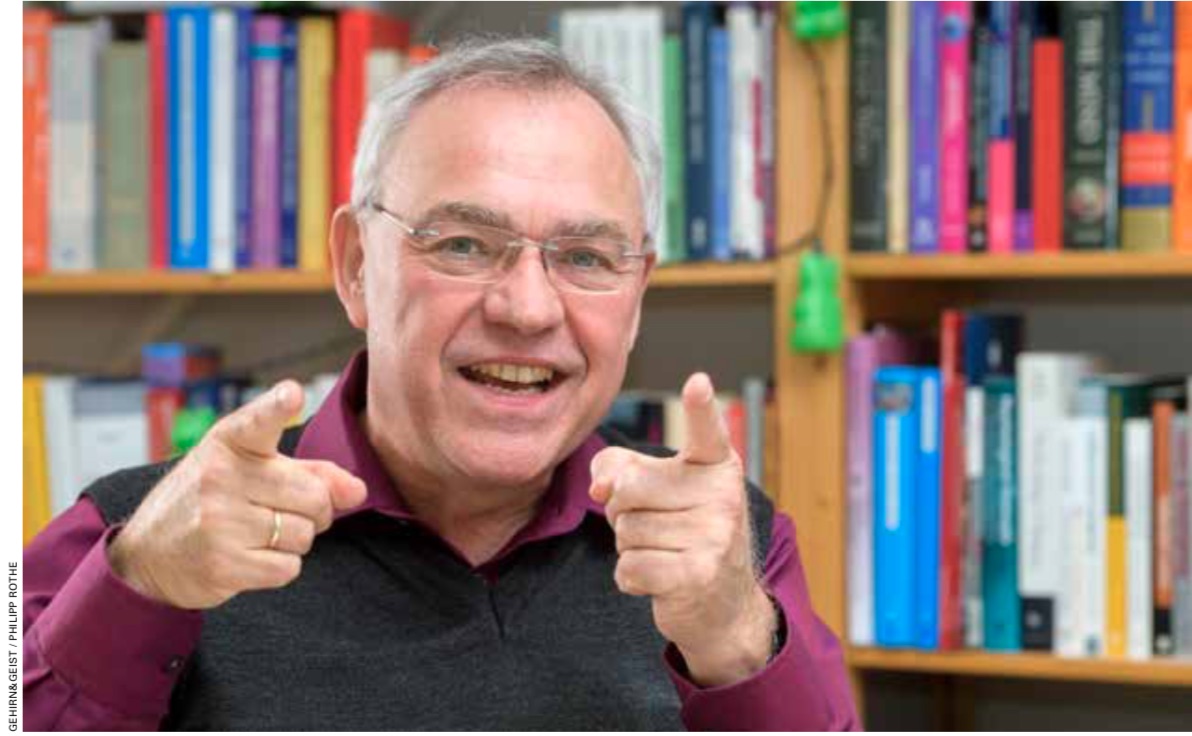Sociocultural Theory: Implications for Teaching, Learning, and Assessment
Abstract: This presentation draws from seminal work on a sociocultural understanding of knowing and learning to frame a discussion of the integration or curriculum, instruction and assessment at the classroom and school level. We will focus on what instruction and assessment should look like in the post-pandemic “new normal”. A sociocultural framing of knowing and learning has significant implications for developing a fair, equitable, student-focused, and balanced system of curriculum, instruction and assessment. The fundamental idea is that all learning is a sociocultural activity that is mediated by the people we are with; the cultural tools and artifacts we collectively use to do our “work”; and the nature of that intellectual work, including the practices we engage in while doing it. Assessment should not strip away key contextual elements of what it means to know. Rather it should take into consideration how students can best show what they know and how we can use that information to promote student learning. Assessment should be part of a culture of learning and knowing mediated by the participatory practices of students and teachers and supported by educational administrators.
Challenges of the 21st Century to the Education System
Abstract: The speed of innovation in the first 20 years of the 21st century is still high, the wind of change is strongly blowing. How do we prepare the next generation to solve huge problems like climate change? It requires more than the basic skills of reading, math, and literacy. There are good news: Human can handle complex challenges and complex problems, they can collaborate. We have to teach new skills: systems competencies (e.g., understanding and controling complex dynamic systems), critical thinking, collaborating with others, being a responsible citizen of the earth. To solve global problems, we have to overcome nationalistic perspectives: We have to educate global citizens.
Finnish Learning to Learn Assessment: From Large Scale Educational Monitoring towards Indivualized Assessment
Abstract: Continuous and accelerating reorganization of work and working environments with subsequent changes in the knowledge and skills required at labor market have forced educational policy makers and decision-makers turn their attention to learning goals that capture competencies beyond the traditional curricular subjects, named key competencies, transversal skills, learning to learn and 21st century skills. Common to all these definitions is that they capture general cognitive competencies underlying subject-specific knowledge and skills together with non-curricular domain-general skills and students’ ability to apply these in novel situations. The Finnish Learning to Learn (LTL) framework developed since early 90’s comprises two interdependent constructs, a cognitive component including competence in thinking or reasoning, and an affective component comprising motivational attitudes or beliefs, both understood to be in work when students solve problems at school. Vast body of research based on the LTL framework has shown that assessed reasoning and affective components have close relevance on students’ developing school achievement, school engagement, educational transitions and also with the success in the Finnish matriculation examination at the end of upper-secondary general education. This information is used widely to evaluate equality and quality of the Finnish educational system. To develop the LTL assessment further there is a possibility to move towards scenario-based realistic dynamic assessment environments. Such environment, based on Evidence-centered design, provides feedback for the organizational point-of-view but also feedforward information for students. This approach has been used in the IC Literacy Assessment Tool (ICAT) developed by Dr. Zelman and Dr. Avdeeva. The ICAT relies on universal thinking and problem solving skills in line with the Finnish LTL framework. Extension of the Finnish LTL assessment framework to this direction will be discussed.



